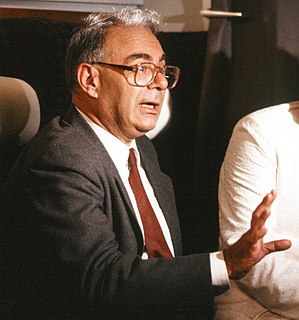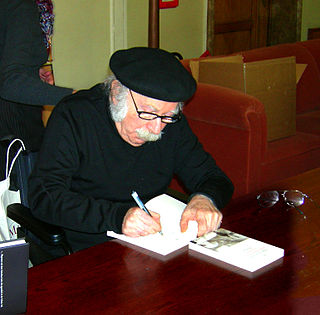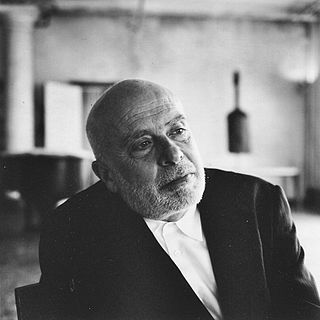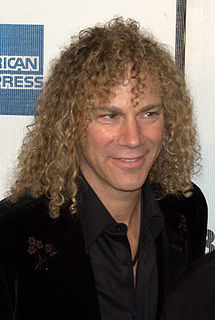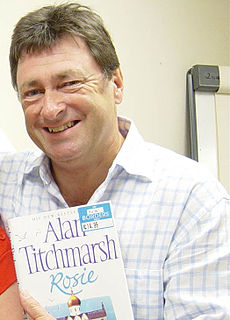A Quote by Lionel Blue
An aged rabbi, crazed with liberalism, once said to me, We Jews are just ordinary human beings. Only a bit more so!
Related Quotes
I never understood liberal Jews blaming Israel, you know, supporting Palestinians. I've never understood it, until I spoke once to a man named Norman Podhoretz, and he said to me, "Many of you refer to liberal Jews that way. They're not Jews. They are liberals. Liberalism is what is first and foremost in their identity. The fact that they are Jews is not paramount or prominent. It's secondary - and, in many cases, even tertiary - to their identity."
We had no religion at all, but we were Jews in New Hampshire, and my sister - who is now a rabbi - said it best: We were, like, the only Jews in Bedford, New Hampshire, as well as the only Democrats, so we just kind of associated those two things together. My dad raised us to believe that paying taxes is an honor.
The difference between ordinary and extra-ordinary is so often just simply that little word - extra. And for me, I had always grown up with the belief that if someone succeeds it is because they are brilliant or talented or just better than me... and the more of these words I heard the smaller I always felt! But the truth is often very different... and for me to learn that ordinary me can achieve something extra-ordinary by giving that little bit extra, when everyone else gives up, meant the world to me and I really clung to it.
As we grow older we become more conscious of the complexity, incoherence, and unreasonableness of human beings; this indeed is the only excuse that offers for the middle-aged or elderly writer whose thoughts should more properly be turned to graver matters, occupying himself with the trivial concerns of imaginary people.
My children give me a great sense of wonder. Just to see them develop into these extraordinary human beings. And a favorite book as a child? Growing up, it was 'The Lion, The Witch and The Wardrobe' - I would read the whole C.S. Lewis series out loud to my kids. I was once reading to Zelda, and she said 'don't do any voices. Just read it as yourself.' So I did, I just read it straight, and she said 'that's better.'
Once you cease to be a master, once you throw off your master's yoke, you are no longer human rubbish, you are a human being, and all the things that adds up to. So, too, with the slaves. Once they are no longer slaves, once they are free, they are no longer noble and exalted; they are just human beings.
People expect artists to be too normal, I think. I've been around enough of them now to see that they're very extraordinary human beings who behave differently than ordinary human beings. If they weren't as sensitive as they are, they wouldn't be great artists. They are not the same as us. People should just learn to accept that.
That afternoon he told me that the difference between human beings and animals was that human beings were able to dream while awake. He said the purpose of books was to permit us to exercise that faculty. Art, he said, was a controlled madness… He said books weren't made of themes, which you could write essays about, but of images that inserted themselves into your brain and replaced what you were seeing with your eyes.
